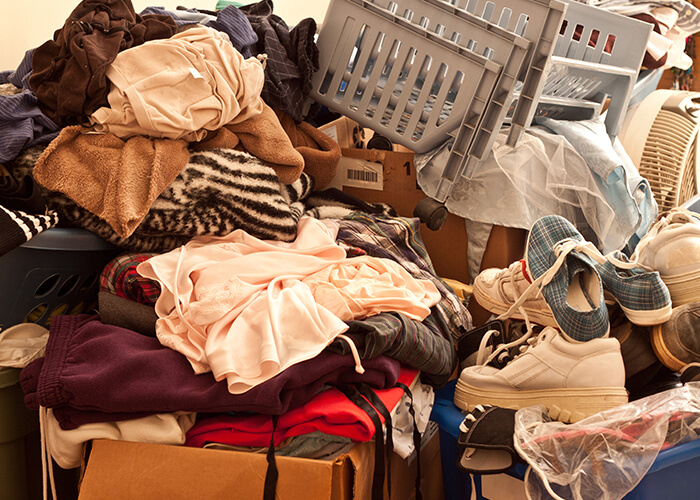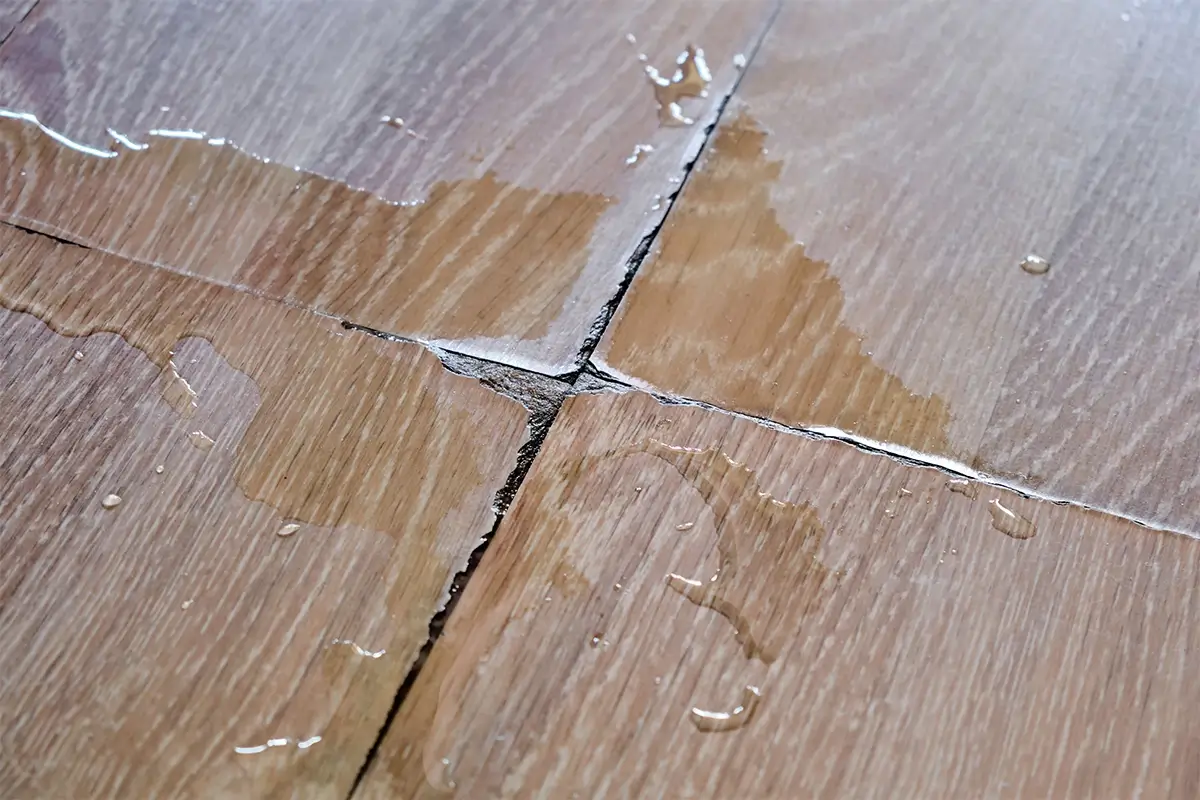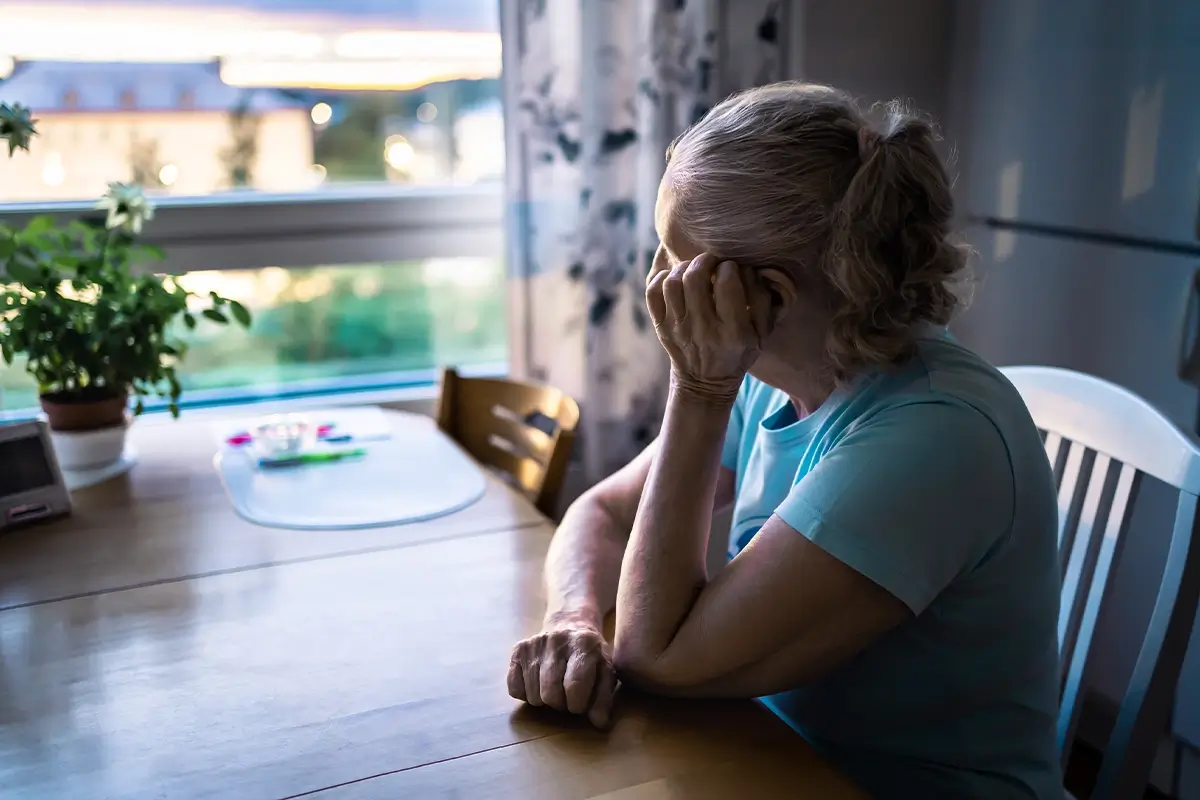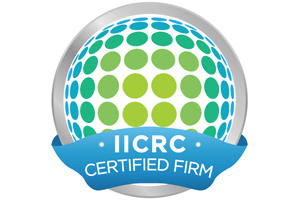
What Is Hoarding & How Is It Different From Collecting?
It is usually painfully obvious when someone is hoarding, but a hoarder shouldn’t be confused with a collector or ordinary pack rat. A collector usually selects a single item or theme of items that they search for and collect responsibly. Collectors enjoy organizing, displaying, and adding to their collection when their budget allows. And while hoarders often select items to collect in the same way, their collections usually lack any kind of organization, takes over normal living space, and may lead to the incurring of substantial debt. Hoarders also lack the pride that most collectors take in their collections, feeling shame and embarrassment instead.
Also, unlike a pack-rat who normally stores items neatly and out of the way to maintain sentimental or appreciating value, a hoarder is much more likely to pile and clutter items wherever they can.
How Hoarding Is Normally Diagnosed
Hoarding is usually diagnosed as someone who:
- Avoids Throwing Things Away – This may include old newspapers or magazines, empty bags or boxes, food, and clothing that no longer have any value or use.
- Experiences moderate to severe anxiety when throwing something away.
- Cannot keep items or possessions organized.
- Has an intense feeling of embarrassment about their hoarded items.
- Experiences a sense of paranoia about others touching their possessions.
- Fears running out of something or not having something later when they need it.
- Obsessively checks the garbage in case something was accidently thrown out.
Other factors that might be considered when diagnosing hoarding disorder include:
- Depression
- Social Isolation
- Family Problems
- Marital Problems
- Financial Difficulty
- Health Hazards in the Home
- Loss of Living Space (i.e. no place to sleep or eat inside the home)
Of course, you should always consult with a medical or psychiatric professional to diagnose hoarding disorder.
Treatment Of Hoarding Disorder
As hoarders often feel a sense of paranoia and compulsion when it comes to their possessions, as well as defensive and embarrassed about their condition, trying to help can be difficult. Treatment of a hoarding disorder is a slow and delicate process, and it is best to seek professional help from a licensed psychiatrist to avoid exacerbating the situation.
One of the major points of hoarding disorder treatment is removing the clutter from the hoarder’s home. However, this can be a hazardous process as hoarders often collect food and other items that might pose a risk if handled improperly.
In Arizona, contact BioteamAZ – the state’s most trusted clean-up and decontamination service – if you need professional help in removing the clutter and getting on with your life.







